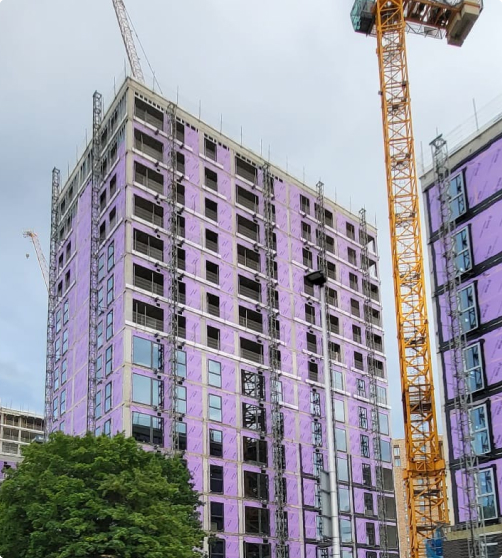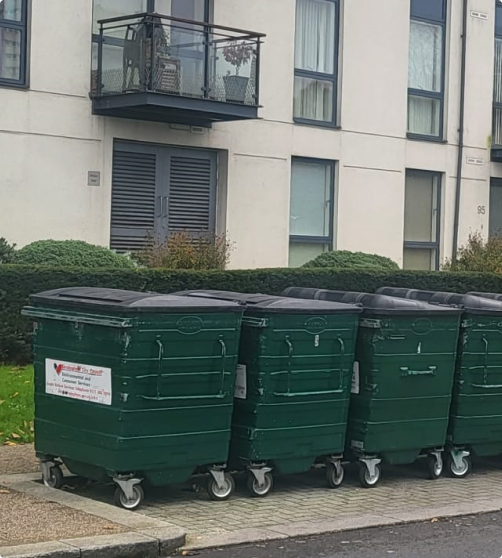Our approach to Property Management Sustainable Homes & Conservation
We apply "Green" principles to the management of residential real estate through responsible sourcing, resident education, and providing opportunities to reduce and recycle waste.
We support Developers sustainability objectives, we promote best practice and share ideas to foster stewardship that can carry forward into the ongoing management and maintenance regime. We look at the following main areas of sustainability.
Energy and carbon emissions
Strategies that will improve a building’s carbon footprint include:
- Low energy light bulbs in communal areas;
- Sensor controlled lighting where possible;
- Daylight sensors for external lighting;
- Solar to power external lighting;
- Common parts heating thermostatically controlled;
- Green and/or economy utility tariffs;
- Cavity wall insulation;
- Maximum insulation of loft areas where building has a pitched roof;
- Infrastructure for electric cars;
- Leaseholders encouraged through newsletters to use low energy bulbs within their homes.
Developer issues we seek to influence include:
- Zoned/sensor controlled underground park lighting with ambient back lighting;
- Recharging facilities for electric cars;
- Wind turbines and solar panels;
- Provision of secure bicycle storage;
- Car Clubs with residents discounts to reduce car reliance and ownership;
- Encouraging Combined Heating and Power Systems (CHP) for new schemes;
- Incorporating for wind turbines, solar and other alternative energy systems;
- Recharging facilities to encourage electric cars.
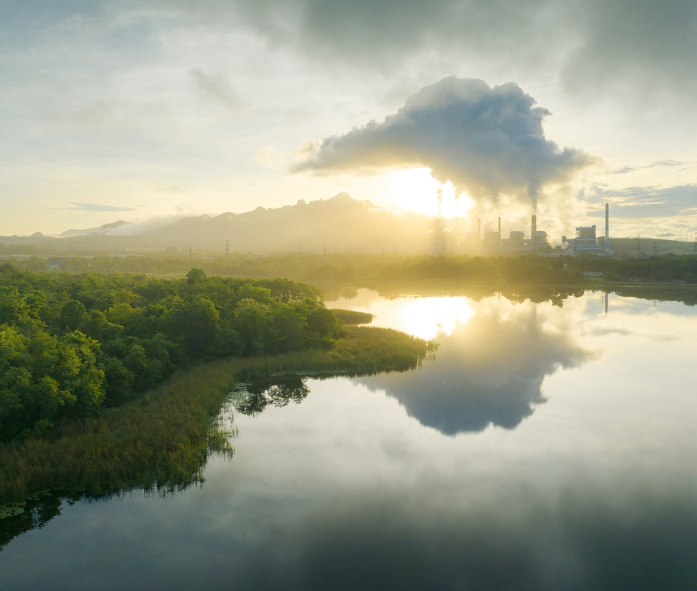
The E and S of ESG: Environmental and Social Factors
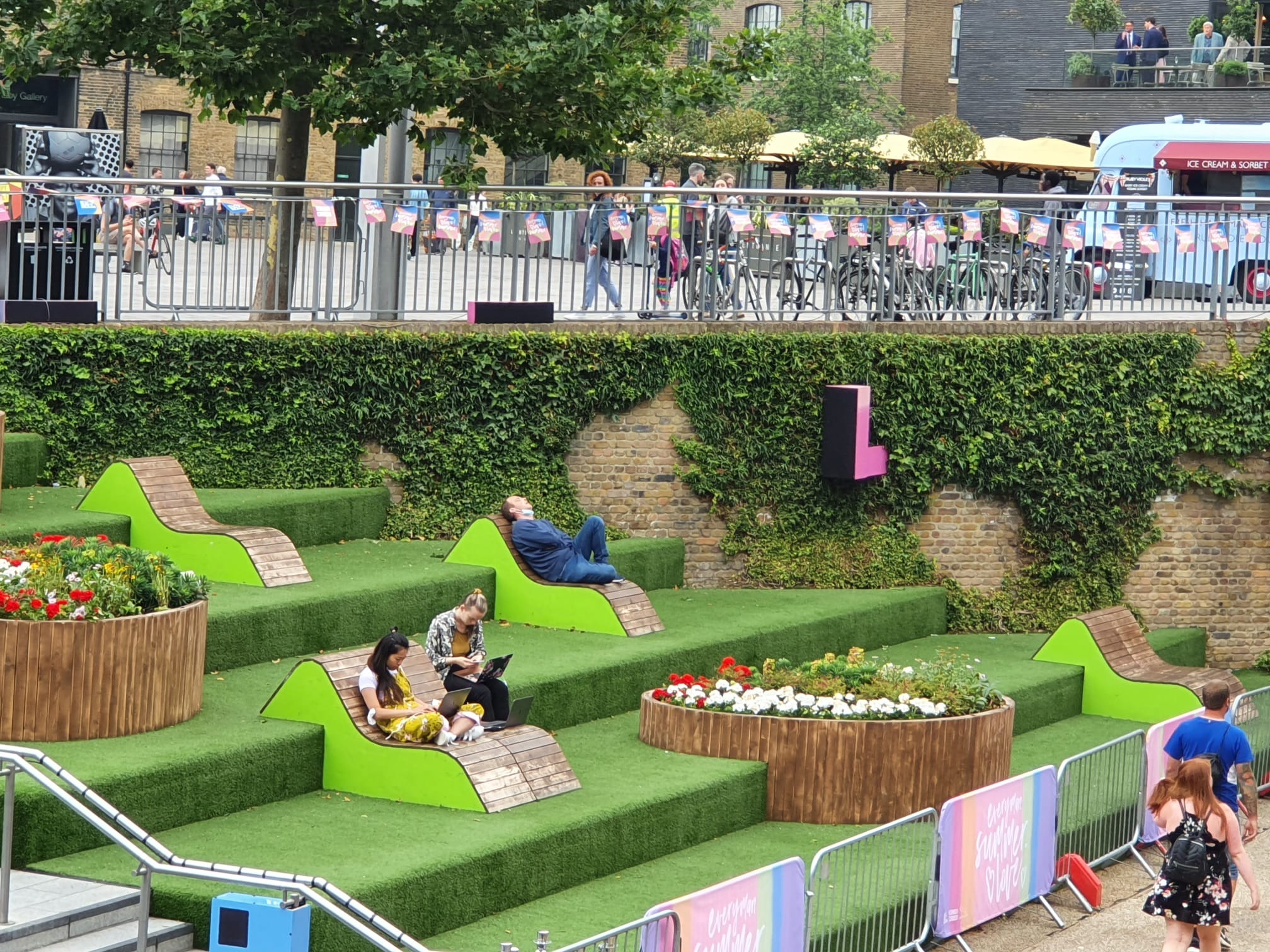
Health and Wellbeing
We manage a range of amenities: gyms, swimming pools, cycle paths, riverside walks and play areas. In our BTR buildings we curate a range of residents events, this reduces churn and builds stewardship.
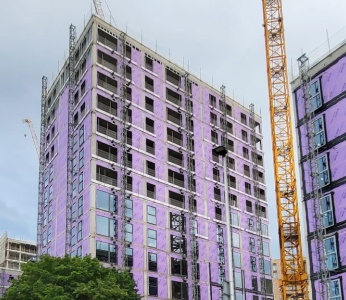
Materials and ESG
As an Asset Manager we are abreast of the drive to Net Zero and materials, active facades and how to conserve our natural resources. Materials selection includes lifecycle and end of use modelling to make well founded decisions.
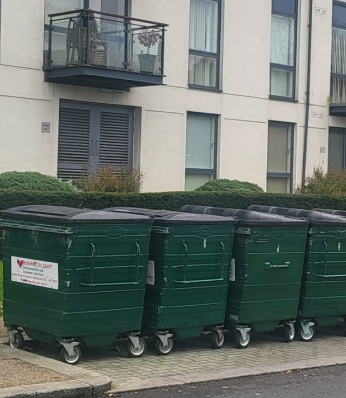
Waste
For BTR assets we roll out education programmes to reduce waste, how to use videos in Resident Apps to promote stewardship, recycling, freecycling and much more..
Control of Pollution
Efficient refuse removal is essential on all schemes but particularly so on complex mixed use developments and requires:
- Bin rotation and moving bins to holding bays for collection;
- For properties adjacent to rivers, canals and waterways - waste water discharge licence management;
- Electric and Hybrid cars for our people to use.
Ecology
We have experience in dealing with all Section 106 planning requirements:
- Young tree protection;
- Garden waste composting;
- Drought resistant plants to reduce replanting;
- Canal, riverside and weir management;
- Maintenance of ecological habitats for particular wildlife species;
- Protection of BATS and newts;
- Woodland management;
- Management for habitats as diverse as Wild Bird sanctuaries and Snail Reserves.
From the 2030 agenda for sustainable development as adopted by all United Nations member states we have identified the 9 sustainable development goals where we feel we can make the largest impact and from this developed Ringley's sustainability strategy. Read more HERE
Water
Strategies to reduce water consumption include:
- Efficient management of metering system to discourage waste;
- Use of drought resistant plants in new planting schemes;
- Tree gators to stabilise young trees;
- Water butts to minimise water wastage;
- Water butts so residents can water gardens.
Our approach to Property Management Sustainable Homes & Conservation
We apply "Green" principles to the management of residential real estate through responsible sourcing, resident education, and providing opportunities to reduce and recycle waste.
We support Developers sustainability objectives: we promote best practice and share ideas to foster stewardship that can carry forward into the ongoing management and maintenance regime. We look at the following main areas of sustainability;-
Energy and carbon emissions
Strategies that will improve a building’s carbon footprint include:- Low energy light bulbs in communal areas;
- Sensor controlled lighting where possible;
- Daylight sensors for external lighting;
- Solar to power external lighting;
- Common parts heating thermostatically controlled;
- Green and/or economy utility tariffs;
- Cavity wall insulation;
- Maximum insulation of loft areas where building has a pitched roof;
- Infrastructure for electric cars;
- Leaseholders encouraged through newsletters to use low energy bulbs within their homes.
- Zoned/sensor controlled underground park lighting with ambient back lighting;
- Recharging facilities for electric cars;
- Wind turbines and solar panels;
- Provision of secure bicycle storage;
- Car Clubs with residents discounts to reduce car reliance and ownership;
- Encouraging Combined Heating and Power Systems (CHP) for new schemes;
- Incorporating for wind turbines, solar and other alternative energy systems;
- Recharging facilities to encourage electric cars.
Water
Strategies to reduce water consumption include:- Efficient management of metering system to discourage waste;
- Use of drought resistant plants in new planting schemes;
- Tree gators to stabilise young trees;
- Water butts to minimise water wastage;
- Water butts so residents can water gardens.
Materials
Our role is to influence the products people choose for example:- Buying environmentally friendly cleaning products where cleaners are employed;
- Contract cleaners declare if they use environmentally friendly cleaning products;
- Redecoration tenders include environmentally friendly paint options;
- Cost benefit analysis on replacing single glazed windows with double glazing;
- Mechanisms to collect funds for opt in window replacement strategies.
Waste
Our impact is to encourage responsible behaviour and to manage waste produced by residents by providing means for efficient waste disposal. In addition, our waste management initiatives include:- Local recycling arrangements advertised to residents;
- Systems to fine those abusing bin store etiquette;
- Extra recycling options, e.g., for batteries & electrical goods;
- Designated Freecycle are: to promote reuse;
- Residents’ Apps: enabling advertisement of goods etc..;
- On-line customer portal to discourage paper use;
- Annual demand packs and e-demands in-between;
- AGM Notices etc… issued by email where Company Articles allow;
- "virtual meetings" to increase engagement and reduce unnecessary client travel.
Control of Pollution
Efficient refuse removal is essential on all schemes but particularly so on complex mixed use developments and requires:- Bin rotation and moving bins to holding bays for collection;
- For properties adjacent to rivers, canals and waterways - waste water discharge licence management;
- Electric and Hybrid cars for our people to use.
Health and Wellbeing
We manage a range of leisure facilities including gyms, swimming pools, cycle paths, riverside walks and children's play areas. These all require specialised management strategies:- Annual Rospra inspections for play areas;
- Options for durable low cost play area fit out;
- Daily chemical dosing for swimming pools;
- Water management and control of legionella;
- Lighting and CCTV management;
- Options for outdoor gyms;
- Leisure facility lock up and access management.
Ecology
We have experience in dealing with all Section 106 planning requirements:- Young tree protection;
- Garden waste composting;
- Drought resistant plants to reduce replanting;
- Canal, riverside and weir management;
- Maintenance of ecological habitats for particular wildlife species;
- Protection of BATS and newts;
- Woodland management;
- Management for habitats as diverse as Wild Bird sanctuaries and Snail Reserves.
From the 2030 agenda for sustainable development as adopted by all United Nations member states we have identified the 9 sustainable development goals where we feel we can make the largest impact and from this developed Ringley's sustainability strategy. Read more HERE
